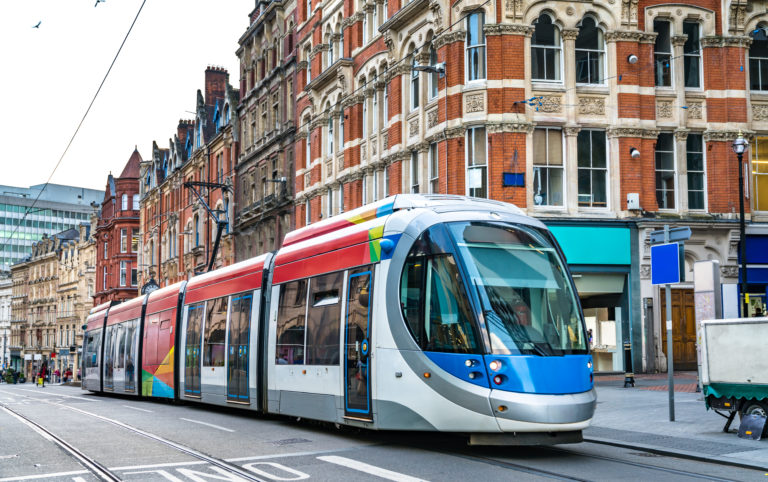When it comes to ‘Levelling Up’, it wouldn’t be a hyperbole to describe the current UK Government as utterly fixated. The Prime Minister has admitted as much himself, labelling it “from day one, the defining mission” of his Premiership and first term in office.
Levelling Up is the phrase that has been termed to describe the Government’s plan to reduce economic disparities between regions in the UK, and address the long-standing problem of inequality and wealth gaps that currently exist throughout the country.
Beyond that, the Government’s repetitive use of the term has come without a clear, concise declaration of what Levelling Up hopes to achieve, or how.
Until now. Today’s official publishing of the Levelling Up White Paper has been highly anticipated and marks a landmark moment for the Government.
And as causes go, it is one worthy of fixation, attention and resources.
At a glance, the White Paper is centralised around 12 new levelling up missions to progress the “overlooked and undervalued” communities and the country’s most “left behind” regions. Each mission is quantifiable and has a due date of 2030.
Perhaps the most explicit levelling up mission is the first, which looks to make pay, employment and productivity increase everywhere in the UK, while the disparities between the top and worst performing areas in the UK are to substantially narrow. In doing so, the government have committed to ‘narrowing’ the economic disparities for “the first time”.
Other notable missions include:
- Public transport systems will be aligned to London standards
- The majority of the country will have access to 5G broadband
- Elimination of illiteracy and innumeracy in primary school leavers, with a specific focus on disadvantaged areas of the country
The rest of the White Paper’s missions focus on skills training, health and life expectancy, the quality of homes and rented properties, and the opportunity for every part of England to enjoy a ‘London-style’ devolution, where power and the executive is transferred out of Whitehall and into the heart of the community with local elected officials and Mayors.
And in the small print there lied details of great opportunity and benefits for the Midlands region.
For example, Wolverhampton will be the first of 20 areas picked to benefit from a “radical new regeneration programme” launched by the Department for Levelling Up, Housing and Communities (DLUHC).
The opportunity is part of a wider £1.5bn brownfield fund to support developments that combine “housing, leisure and business”. In this particular case, the money has already been earmarked for the revival of the corridor between Wolverhampton and Walsall and their hospitality, retail and development opportunities.
Walsall are also expected to become one of the government’s new “Education Investment Areas”, having been identified as a current weak region for schools to date.
Elsewhere, the West Midlands will join other Northern regions in enjoying the benefits of a £100m budget for “innovation accelerators” targeting research and development, while the West Midlands Combined Authority (WMCA) have been granted a £28 million slice of the budget allocated towards the development of brownfield sites.
An “ambitious” transport infrastructure push will also directly benefit our region. Bus improvements will come directly to the West Midlands and the surrounding areas of Stoke-on-Trent, Derbyshire and Warrington.
There is, however, one small caveat to the Levelling Up White Paper’s largely promising missions for the region. The entire Levelling Up strategy, including the budget, is reliant on existing financial allocations. The White Paper included no new allocation of funding for Levelling Up across the UK.
This is to be expected, as the UK economy still recovers from the COVID-19 pandemic. It should also be noted that as a general rule, White Papers are more concerned with the strategy and information behind a reform or agenda that already has funds allocated by the Treasury.
Therefore, the Levelling Up White Paper represents a clear, concise declaration of intent, that can be referred back to and be used to hold the Government to account.
The Midlands must make use of the opportunity, and in doing so continue to grow, prosper and enjoy further regional independence. In doing so, we can address the disparities that exist in the region, and further tap into the exciting potential that exist.




